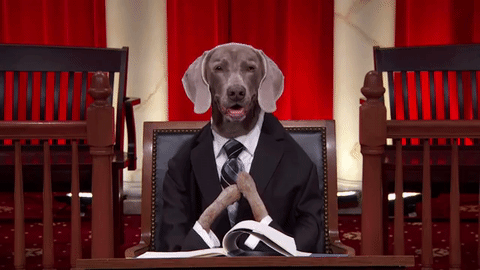This is the first article in a series I am working on exploring legal issues around cryptocurrencies. There will be more questions in these posts than answers If you have questions you would like me to explore, please leave them in the comments.
No information in this article should be interpreted as legal advice. Laws vary between jurisdictions and are fact dependent. Please consult a qualified lawyer in your jurisdiction to answer specific questions about your situation.

I bought my first Bitcoin a number of months ago and once I had done a transaction or two between wallets I was struck with a question. What the hell do I actually have? It's not an asset I can touch, nor can is there any attachment of my name to the holdings (except for perhaps at the exchange which we will ignore here). So what the hell do I have and how do I know I have it?
These may seem like silly questions to the crypto savvy, but they are fundamental questions that numerous other legal issues will be impacted by. It is worth exploring exactly how a person comes to own anything, including Bitcoin.
Possession vs Ownership
There are two distinct types of legal statuses that need to be explored: possession and ownership. I’ll be exploring Ownership in my next post. Possession are ownership are distinct states but can occur simultaneously. For example, if my brother loans me his car to do some moving, I will have possession of the vehicle but he will remain the owner.
Possession - refers to an individuals “care and control over a thing”. This means of I am holding something on my person or I am caring for or storing an asset, I have possession over that asset.
If you watch quality TV shows like COPS, you will see lots of suspects say that the stolen car they are driving or drugs they have in the car “are a friend’s”. This doesn't really change the fact that at the time of the search they possessed those items because they had care and control over them.

There is a whole criminal area of law around how far away from a person drugs need to be before they are no longer in the care and control of an individual. Does a person driving have control over something in the trunk?
Its important to note that multiple individuals can have possession of a thing simultaneously if each of them have care and control.
Possession and Bitcoin - this connection seems quite obvious. A person would certainly have care and control over their Bitcoin if they have access to the private key that allows you to transfer the currency.
This means that anyone who has access to a private key may determined to be in possession of it. This may even include third parties who have access to your private key. This includes exchanges, online wallets and even locally saved wallets. If a person or corporation has access to the private keys they may be found to be in possession of them.
If you use a hardware wallet, it can be easy to forget that any Bitcoin stored on it are actually not on the wallet. The Bitcoin is always stored in the transactions on the blockchain; only the private keys are stored on the wallet.
Here is an interesting question then: if my brother gives me a hardware wallet but not the passwords to access it or the private keys inside, do I have possession of the currency?
This may begin to matter more and more if governments crack down on illegal Bitcoin transactions or money laundering. Would they be able to go after the people who carried hardware wallets or only those who have access to the private keys?
The question of possession seems like it is most important in criminal cases, where possession of some item is against the law. Ownership is more important when it comes to issues like exchanges, ICOs, and taxes. If you are interested in those issues, stay tuned for follow up articles every few days!
